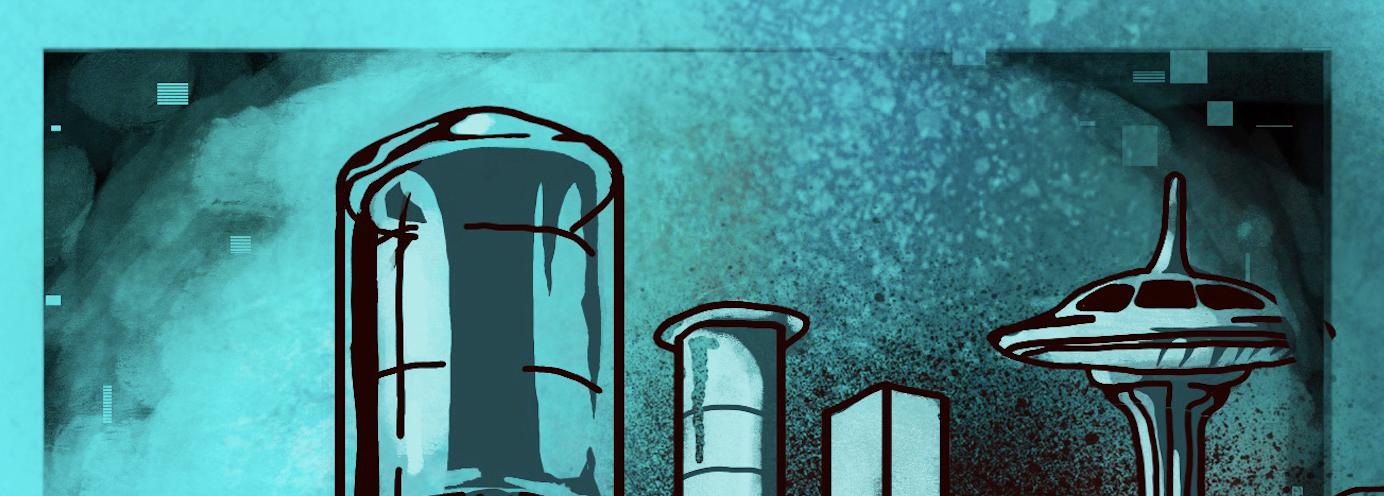
about
With 100 prompts to play with, even a drawing of four cards will give you over 94 million different stories!
how to / FAQs / testimonials
tell us a story? games are very simple to learn.
Each game deck includes 100 cards, each with a unique story prompt.
One person, often an adult, serves as the "dealer" or "narrator." They draw the cards and choose which ones to play.
The other participants, often a child or two, provide the ideas that explain the relevance of the cards that the dealer plays.
The narrator asks the other participants to dream up two characters and a place.
Then they draw a card.
If the prompt they draw seems fun, read it to the other participants and have them begin the characters’ adventure. If the narrator wants to try another prompt, just draw another card!
Continue drawing cards and working together to weave them into the story until the story feels complete.
That’s all there is to it!

-
You will know your storytelling partners better than anyone, but people have found that tell us a story? works really well with people aged 4+.
tell us a FUTURISTIC story? has slightly more complicated language and themes. It’s ideal for ages 8+.
tell us a MAGIC LANTERN story? is more complicated still. It’s probably best for ages 10 or 11 and older.
-
It seems especially fun for children, but people have found joy in tell us a story? decks in all sorts of ways: for writing inspiration, in therapy and social work contexts, for improv groups, for a cozy activity before bed, for introducing folks to Dungeons and Dragons, and more!
-
The goal of tell us a story? games is just to tell wonderful emergent stories, so if you’re fond of stories you’ll almost certainly like this too!
Even though we've drafted some rules for how to play tell us a story? there's really no wrong way to play. If our rules don't work for you, play it differently--Anyone can make it their own!
-
tell us a story? takes almost no time at all to learn, and stories can be as long or as short as you like! Only have ten minutes? Limit yourself to drawing five cards! Have an hour? Follow a meandering adventure to its unexpected conclusion!
-
tell us a story? is really easy to pick up and play. People have had a lot of fun playing it in restaurants while they wait for their orders, on planes, and even to pass the time in waiting rooms. It’s a great way to have a readymade, interactive, collection of storybooks close at hand.
-
There are a lot of ways even a thoughtfully moderated game experience can go awry. The collaboration statement is a way of introducing the fact that your storytelling space will be a supportive and caring one and of stating explicitly that participants should feel empowered to speak up if the story is making them feel uncomfortable for any reason.
This statement is really just a template—please feel free to outline the terms of your collaboration however you like!
-
Feel free to email Josh at play.wonderwise [at] gmail [dot] com!
Frequently Asked Questions
Testimonials, from players young and old
“It’s very interesting and magical, and it’s cool how the card you pick will change the story. It kinda won’t make sense but you can make it work! At the end, your story is something you wouldn’t ever think to make on your own.” - Isla, age 9
“My daughter (3 years old) and I had so much fun playing tell us a story?. It really brought her imagination to life. It was so entertaining to see what her little mind could create after being prompted by the unique scenarios. It’s a great game because you can play it countless times and have a new story each time you play.” - Allison, parent
“I want to give you an update on our most recent game of tell us a story?. Rather than it being just [my granddaughter] and myself it was played around the dinner table, after dinner, with [her parents, my spouse] and myself. I did put [my granddaughter] in charge of the deck - both deciding when to choose a new card and deciding to use it or choose another. It went wonderfully. [my granddaughter] was really into it as the game controller and as a very invested listener to the story. All of the adults got into their story teller roles and enjoyed it as a form of collective play with [my granddaughter].” - Mark, grandparent
“I liked it a lot. It was fun to play. I loved when a cheese weasel dug up from the ground and stole the cheese and I ran after it got the cheese and then I ate it, and the people that were asking me to get the cheese were mad at me because I ate it. That was one of my favorite parts.” - Seb, age 7
“I like it because it’s stories without bad guys.” - Levi, age 5
“I like telling stories with our game at the restaurant.” -Molly, age 4
“I like that it’s a story with my own characters like William my stuffy.” - also Molly, age 4



